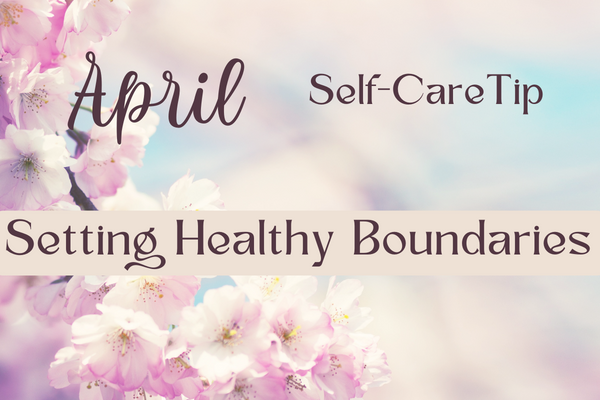
Why Passionate Parenting Needs Boundaries Too
Let’s be honest—parenting requires a ton of energy. From breakfast negotiations to bedtime standoffs, there’s always something (or someone) needing your attention. And if you’re like most parents, you’re giving it your all. But here’s the twist: giving it your all doesn’t mean giving it all away.
That’s where Zeal—this month’s theme virtue—comes in.
We usually think of zeal as passion, enthusiasm, or diving headfirst into what we care about. And yes, that’s part of it! But true zeal also involves sustainability. It means showing up wholeheartedly, without burning out. And the only way to do that? Healthy boundaries and intentional self-care.
What Does Zeal Have to Do with Self-Care?
When you care deeply about your family, it’s easy to pour yourself out completely. But zeal, when it’s grounded in wisdom, reminds us that we can’t give what we don’t have. That spark of passion—whether it’s for parenting, your work, or your personal goals—needs to be protected and refueled.
Think of zeal as a campfire.
Let it burn too wildly, and it scorches everything around it.
Neglect it, and it fizzles out.
Tend it with care, and it warms everyone nearby—including you.
So yes, zeal calls us to show up with passion and purpose. But it also calls us to protect our energy so we can keep showing up tomorrow, and the day after that, with joy rather than resentment.
Signs You Need a Self-Care Tune-Up
If you’re wondering whether your zeal might be veering into exhaustion, here are a few red flags:
-
-
- You’re always “on” and rarely alone.
- Your patience has packed its bags and left the building.
- You feel guilty doing anything just for you.
- You’re snapping at your partner, your kids—or both.
- You can’t remember the last time you did something because you wanted to, not because you had to.
-
Sound familiar? No shame—every parent gets here at some point. What matters is what you do next.
Boundaries Are a Form of Zeal
Let’s flip the script: saying “no” to something can actually be an enthusiastic “yes” to your well-being, your peace, and your long-term capacity to love your people well.
Here are a few ways to practice zealous boundary-setting as a parent:
1. Carve Out a Daily Moment for Yourself
It doesn’t need to be fancy. Ten quiet minutes with your coffee. A walk. Music in your earbuds while the kids are doing homework. This is not “extra”—this is fuel.
2. Teach Your Kids That You Have Limits
One of the greatest gifts we can give our children is a model of healthy boundaries. Try saying, “I’d love to help you with that in ten minutes, after I finish this.” You’re showing them that your needs matter, too.
3. Guard Your Zeal with “No”
Just because you’re capable doesn’t mean you’re available. Whether it’s an extra committee, another playdate, or one more favor, remember: your “yes” means more when it’s not on autopilot.
4. Schedule Joy on Purpose
Zeal thrives on joy. What lights you up? Reading? A dance class? A show that makes you laugh? Don’t wait for time to magically appear—make it happen. That spark is essential to staying fully present at home.
Final Thoughts: Zeal is Not All or Nothing
Real zeal is balanced. It’s passionate and thoughtful. Committed and careful. When you take care of yourself, your family benefits. Your children see a version of you that’s joyful, centered, and fully alive—not just surviving the day.

So the next time you’re tempted to say yes out of guilt or push through exhaustion because “that’s what good parents do,” pause. Ask yourself:
What would a zealously loving version of me do right now?
Maybe the answer is to keep going.
Maybe it’s to rest.
Maybe it’s to say no, so you can say yes to what really matters.
Joe is a husband, father, grandfather, author, speaker, educator, course creator, and parent/family coach.
He helps parents develop unity, find clarity, communicate, and develop consistency in their parenting with the Four C’s of Successful Families. You can find his work on social media.
In addition, the Four C’s newsletter is enjoyed by many as it encourages parents to self-care, build their relationships with their partners, and raise their children.
And he loves to golf!


